How Shiza Shahid Launched a Viral Cookware Company

Anyone on Instagram has seen the Always Pan. A sleek piece of cookware sold in a range of pastels that purports to bake, braise, steam, fry, boil, roast, strain, sear and sauté. It’s the only pan you need, says Shiza Shahid, co-founder of Our Place, the company behind the Always Pan. Along with her husband, Amir Tehrani, and friend Zach Rosner, Shahid launched Our Place in 2019—a significant swerve from her previous position as co-founder of the Malala Fund. The cookware’s pleasing aesthetic design set the internet on fire, garnering 665,000 followers on Instagram. Appealing product videos on social media ignited the company’s e-commerce sales, making it a leading direct-to-consumer (D2C) brand. When first released, the Always Pan, reportedly, had a 30,000-person waitlist. The company has since launched a limited-edition line with Selena Gomez and courted both Cameron Diaz and David Beckham as devotees. And this year, Our Place moved into the small-appliances space, launching the Wonder Oven (a six-in-one air fryer and toaster oven with steam infusion) and the Dream Cooker (a multicooker that pressure cooks, slow cooks and sautés). Each new release reinforces the company’s goal of providing safe, sustainable, well-designed tools that make cooking fun again.
Title: Co-CEO, Our Place
Degree: B.A. in International Relations, Stanford University
Age: 34
From: Islamabad, Pakistan
Currently lives in: Los Angeles
The childhood moments that helped shape who I’ve become: I had a modest upbringing in Pakistan. My mother didn’t have the opportunity to pursue higher education or build a career. And she really wanted to give her daughters every opportunity in the world. So, I was fortunate to grow up in a loving home and go to a good school. But I was also growing up in the post-9/11 world in Pakistan, which meant there was rising terrorism and violence. Barricades went up closer to my home every week. And, as is always the case when there is poverty, when there’s war and when there’s instability, women and girls bear the brunt. I wanted to help. So, I began showing up at the doors of nonprofits that supported women and asked them to let me volunteer.
The biggest takeaway from my education: Growing up, I hadn’t really been exposed to start-ups or women building businesses. I’d only seen the nonprofit model as an option. At Stanford, I realized I could build a business that did good in the world and that scaled. And maybe even had a bigger impact than a nonprofit.
My first job ever was: Working at McKinsey in Dubai. That was right out of college. But growing up, I did a lot of volunteer work. The very first thing I did as a volunteer intern was carry medical supplies into a women’s prison.
A significant challenge I had to overcome: Three weeks before I interviewed at McKinsey, I’d never even heard of the company. I didn’t grow up in the United States. I didn’t have a lot of the career counselling or opportunities that my classmates at Stanford had. But I had created a summer camp in Pakistan for girls being denied their right to go to school and the Stanford Magazine had written about it, so consulting firms heard about me and reached out. I threw myself into interview prep and was fortunate to have folks at Stanford who were willing to help me catch up. I think the lesson from that is if you don’t try, it’s the same outcome as a rejection.
Related: Brian Chesky’s Big Move: How Airbnb’s CEO Went From Industrial Designer to Tech Giant
The reason I switched industries: I was working at McKinsey and I had no plans to quit my job a year in, move to New York and start a nonprofit. But Malala Yousafzai and her father asked me to help them. I had met Malala when she was 11 and attended the summer camp I organized. When she got in touch about starting the Malala Fund, I had to make a decision. In those big pivotal moments in our lives, we have to do our best to be guided by hope and not by fear. I knew that there was a tremendous amount of hope in Malala’s story and her message, and that because of the volunteer work I’d done with nonprofits and because of my own upbringing, I was uniquely positioned to help get it out there. That was more important to me than being at McKinsey.
After about five years, once I had helped establish the foundation of the Malala Fund, and there was an incredible team in place, I knew I wanted to build something of my own. That’s when I began working on Our Place.
The reason Our Place has grown so quickly is: We have innovative products. I think a lot of brands, especially in e-commerce, they’re marketers. They’re not product developers, they’re not designers. Our team worked on the Always Pan for two years before it launched. We’re obsessive about design. When we make something, it’s better than what exists on the market from a functional perspective, plus it’s beautiful and it’s sustainable. If you’re launching a D2C brand and you’re just going to a factory and holding up the pan and asking the factory to make it pink and put your logo on it—which is what every other D2C brand in the space was doing—it’s not going to work. Ultimately, you need a product that’s truly better. That’s what’s helped us grow so quickly. In the last year, we opened two physical locations in L.A., and we’re expanding to other countries—Our Place was the first cookware brand to be stocked in Liberty London, the luxury department store.
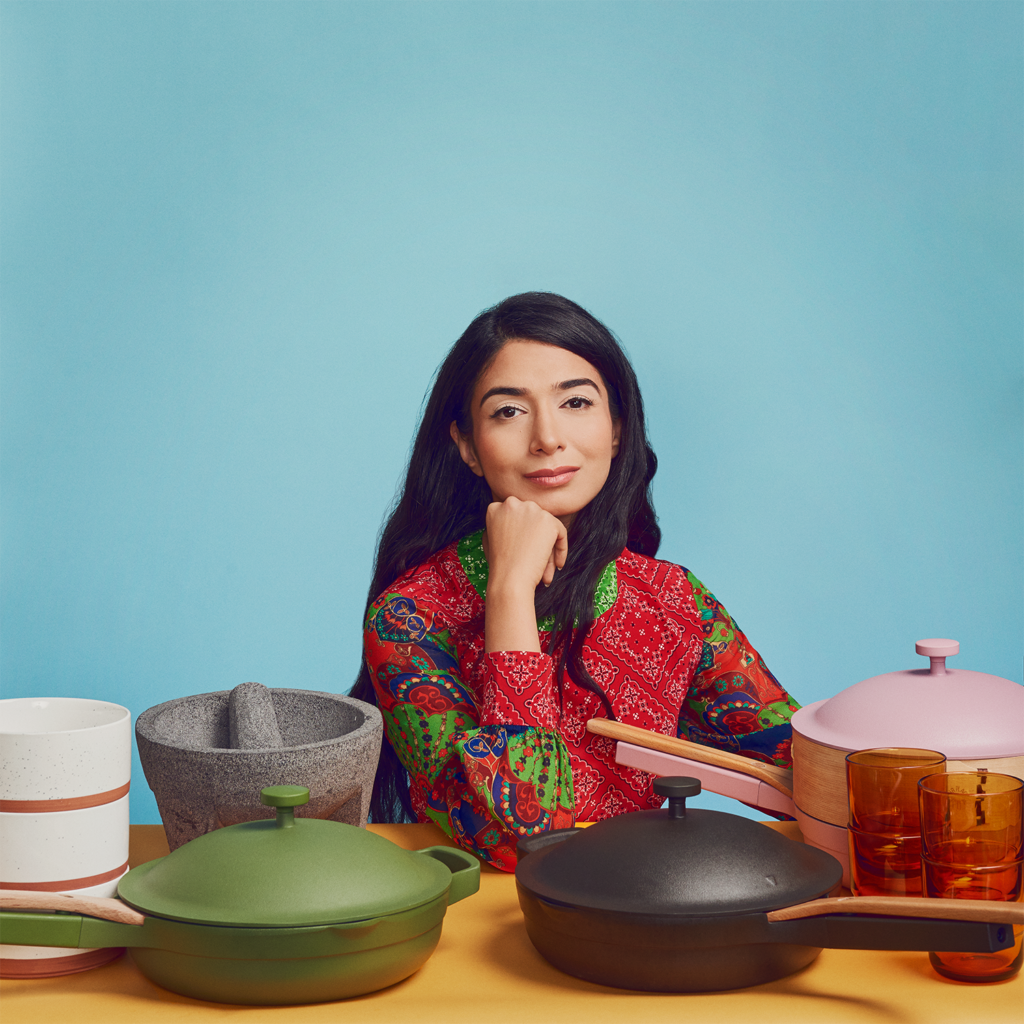
Something that needs to change in the cookware industry is: Brands need to stop using PTFE (Polytetrafluoroethylene), commonly called Teflon. It’s a form of PFAS (Per- and polyfluoroalkyl substances), which are colloquially called “forever chemicals.” They’re bad for the environment. They’re bad for human health. They’re bad for worker safety. There has been increasing regulation—Minnesota banned it starting in 2025, and the EU is trying to do the same—but of course, there’s a lot of pressure because most companies are still using it. On our products, we use a ceramic non-stick coating that lasts 50 per cent longer than Teflon and doesn’t include PTFE and other PFAS. It’s mostly composed of sand derivative and water.
The thing that keeps me motivated is: My work fills my life with deep meaning. It takes all of my attention and focus, but it gives me back inspiration and energy and joy. And my team. You’re only as good as the people you’re surrounded by, so I show up for them. I want to give this business every ounce of energy that I have so that we can be successful, because I have a responsibility to them. Also, I know that many girls and women around the world don’t get to live the life that I live, have the opportunities that I have, so I want to make it count.
When I need inspiration: I travel. We have artisans and factories around the world. I also take inspiration from our teams’ cultures, which are very diverse. We celebrate everything from Lunar New Year to Eid. We cook together, we share our stories. We also have a large and diverse community of customers, and we often reach out to them and say, ‘Hey, what do you want us to make next?’
Related: How Tanya Taylor Became a Leader in the Slow Fashion Movement
The biggest misconception about being an entrepreneur is: That it’s glamorous or sexy. I think being an entrepreneur really is a lot of hard work, at least when it’s done right. If you’re building something from the ground up, it is extraordinarily hard and taxing emotionally. And every year, you have to figure out how to get better and give more. We hear so many stories of entrepreneurs being overnight successes—I’m not saying nobody’s ever just gotten lucky, but there is an extraordinary amount of pressure. You need to be doing it for more than money or material success because that’s not going to sustain the level of passion you need.
The advice I give to other entrepreneurs starting out is: To work on yourself. Building a business will expose all of your flaws, all of your weaknesses, all of the things you’ve been avoiding, and you’ll have to work through them. So, commit to it, because you have an outsized impact on your organization and the people who work there. When you fall short, it’s felt. That’s not to say you need to be perfect. I certainly am not. But you’re going to have to continuously work on being a better human if you want to be a better leader.
The thing I want to accomplish next is: Continuing to grow Our Place. This year, we entered the appliance category with our Wonder Oven and our Dream Cooker. We now have our own dinnerware line with knives and textiles. I’m also excited to continue creating collections and stories around culture and traditions, like our Tangine pots that are handcrafted by Moroccan artisans. Ultimately, food and home cooking is about coming together. And that’s really what the brand stands for.
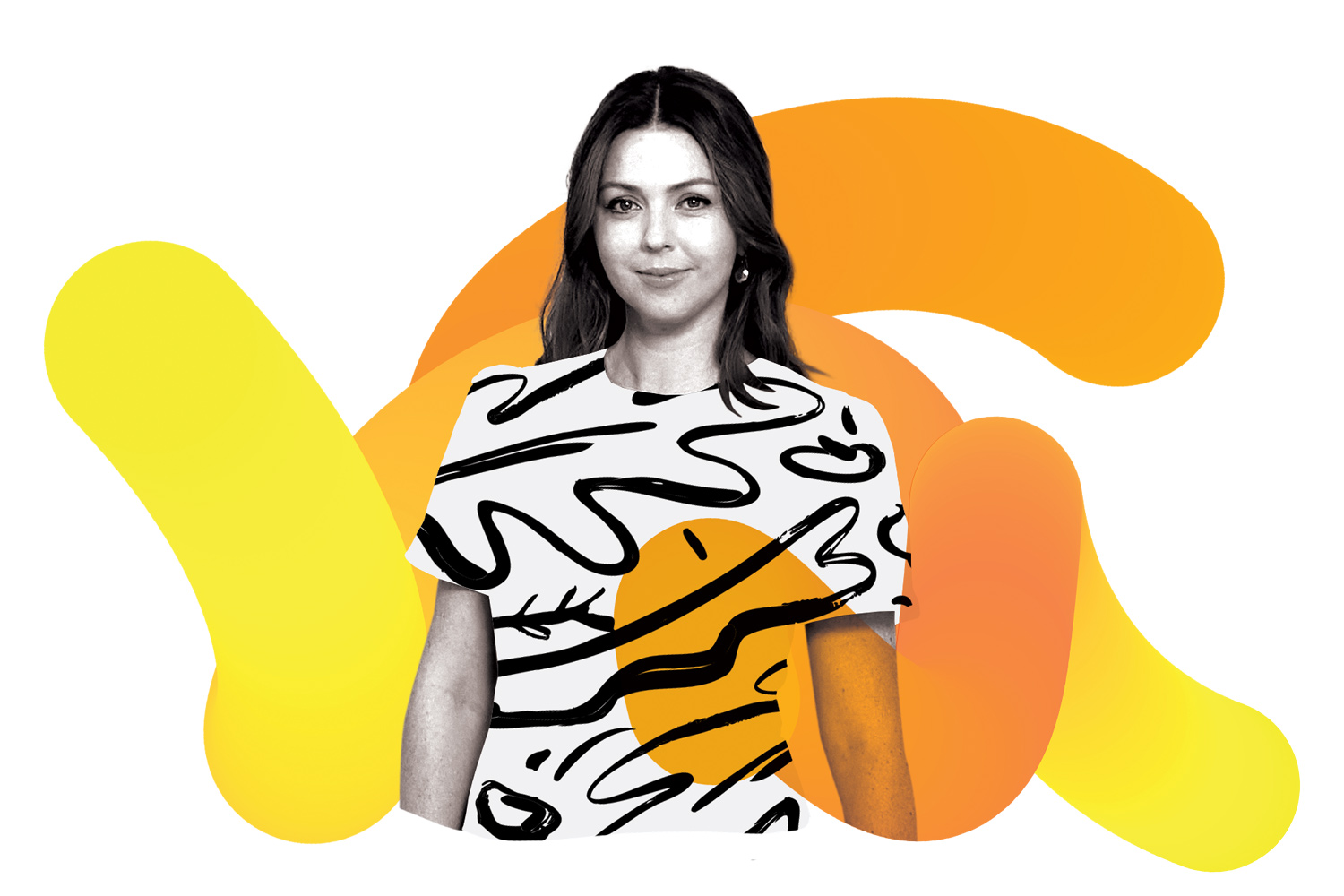
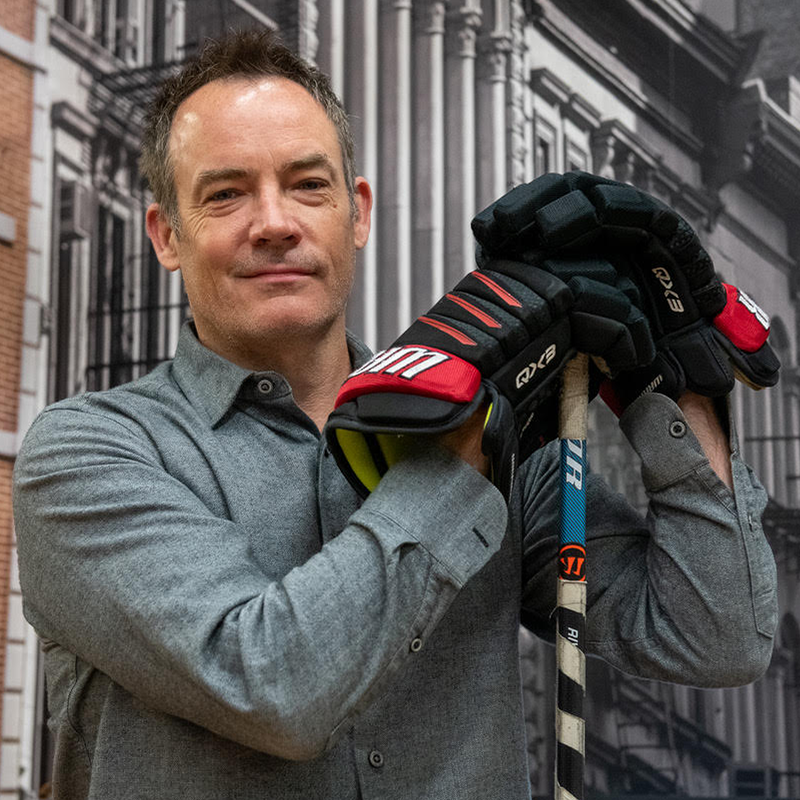
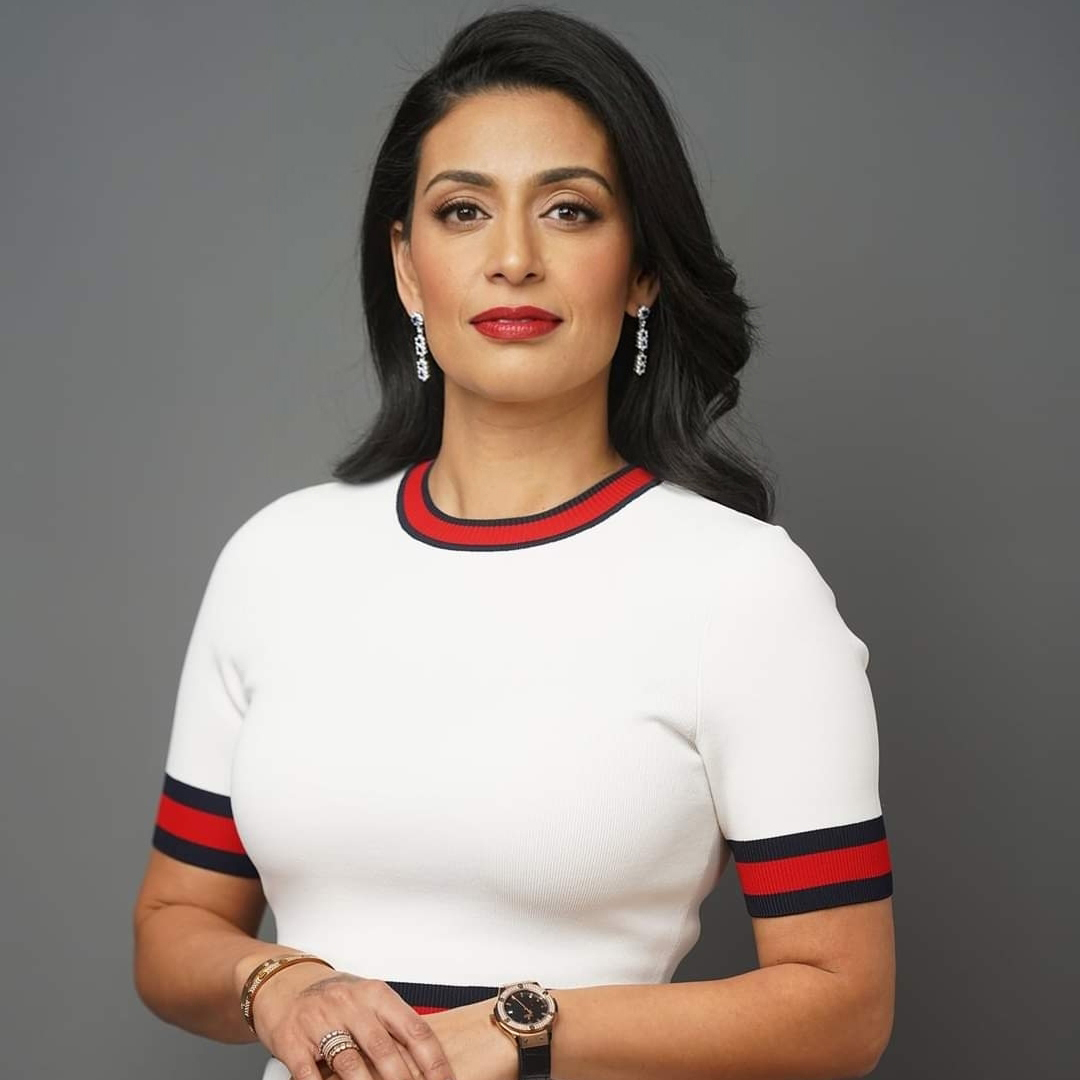
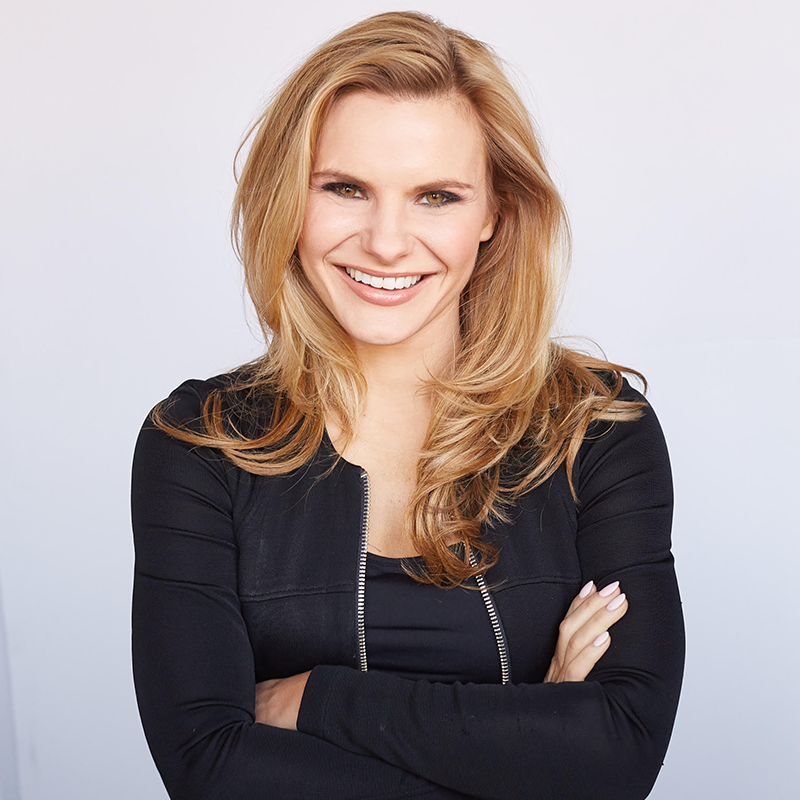
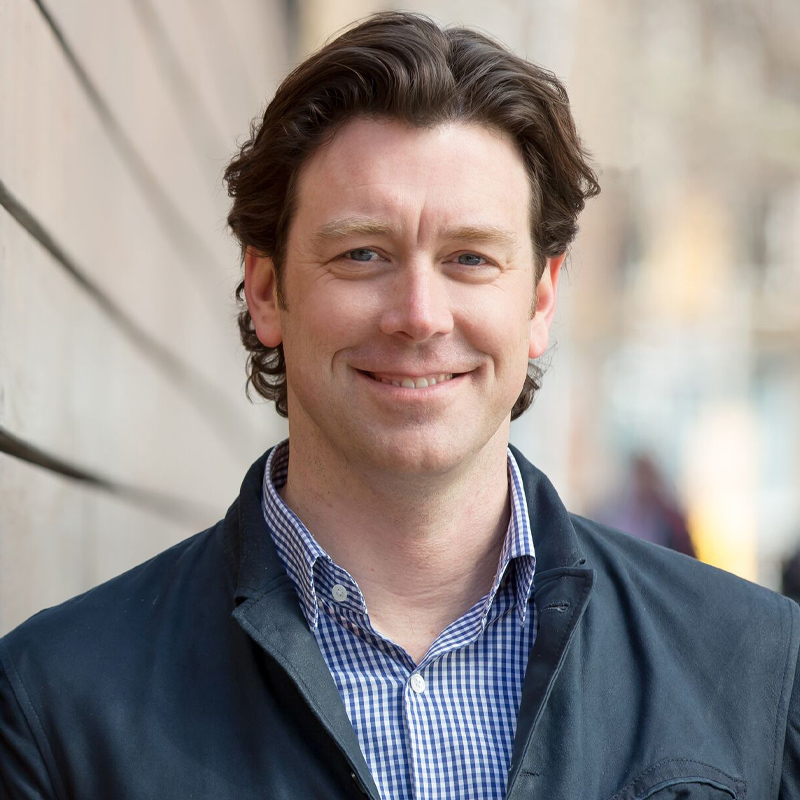
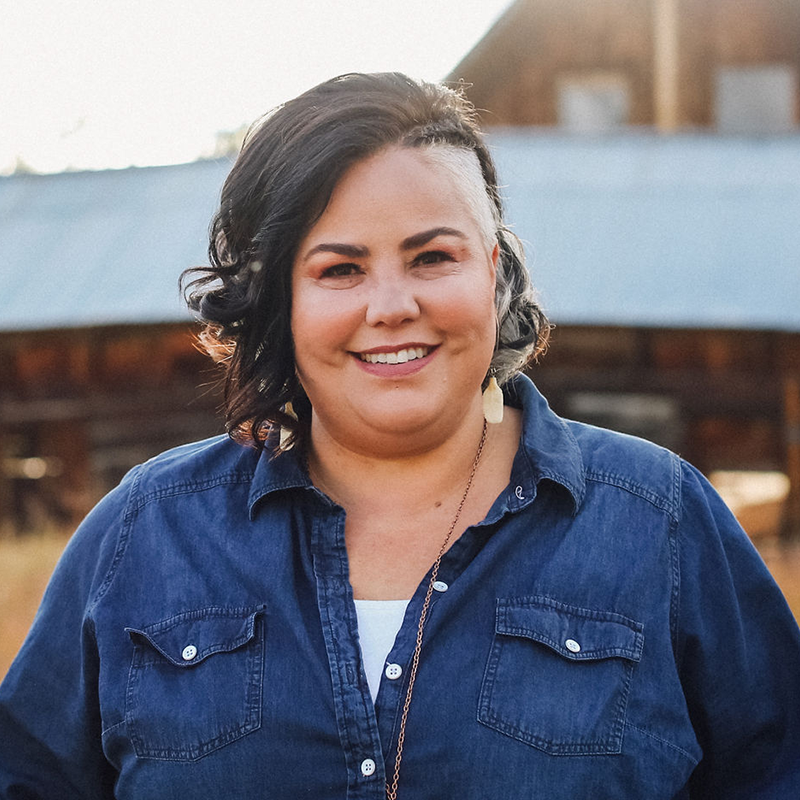
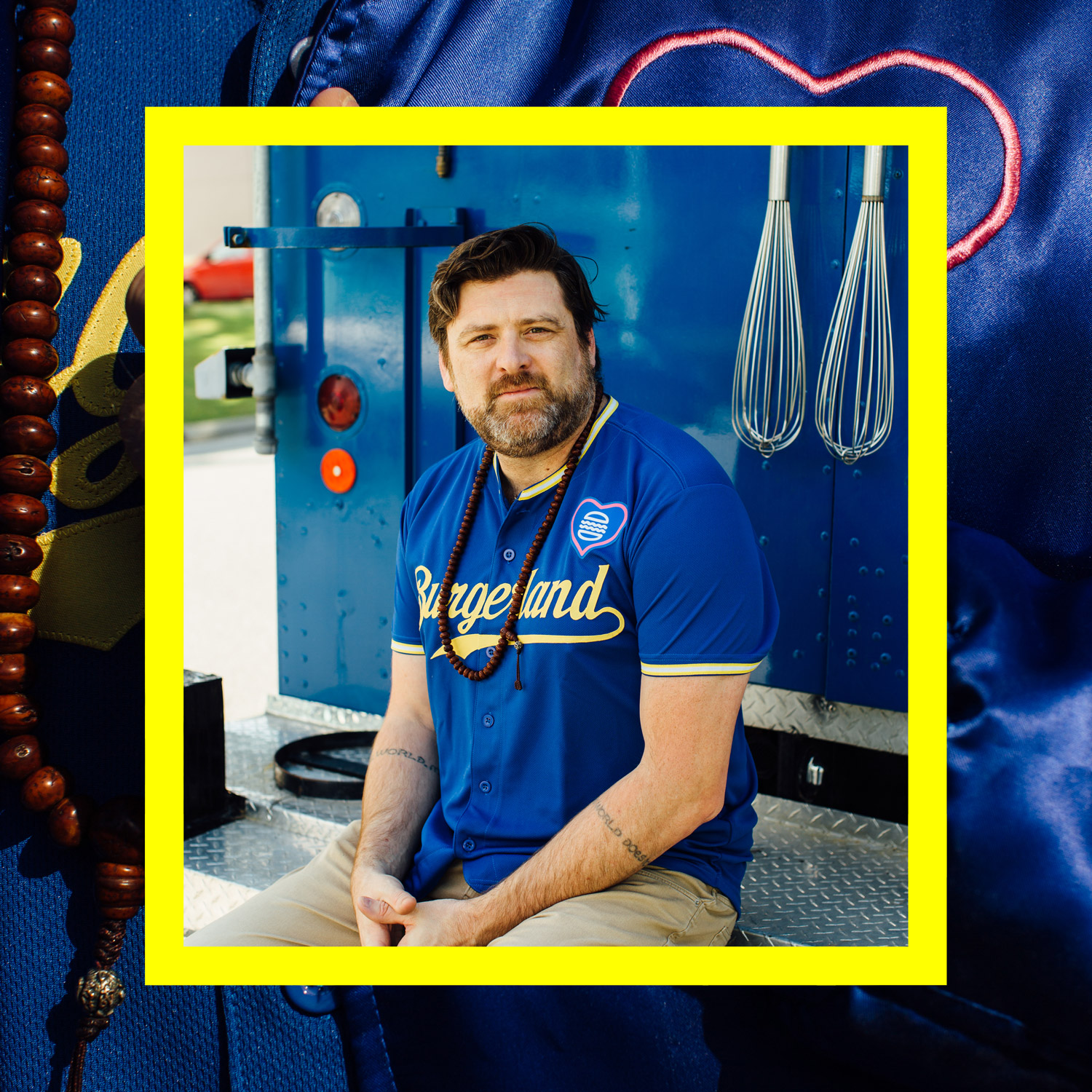
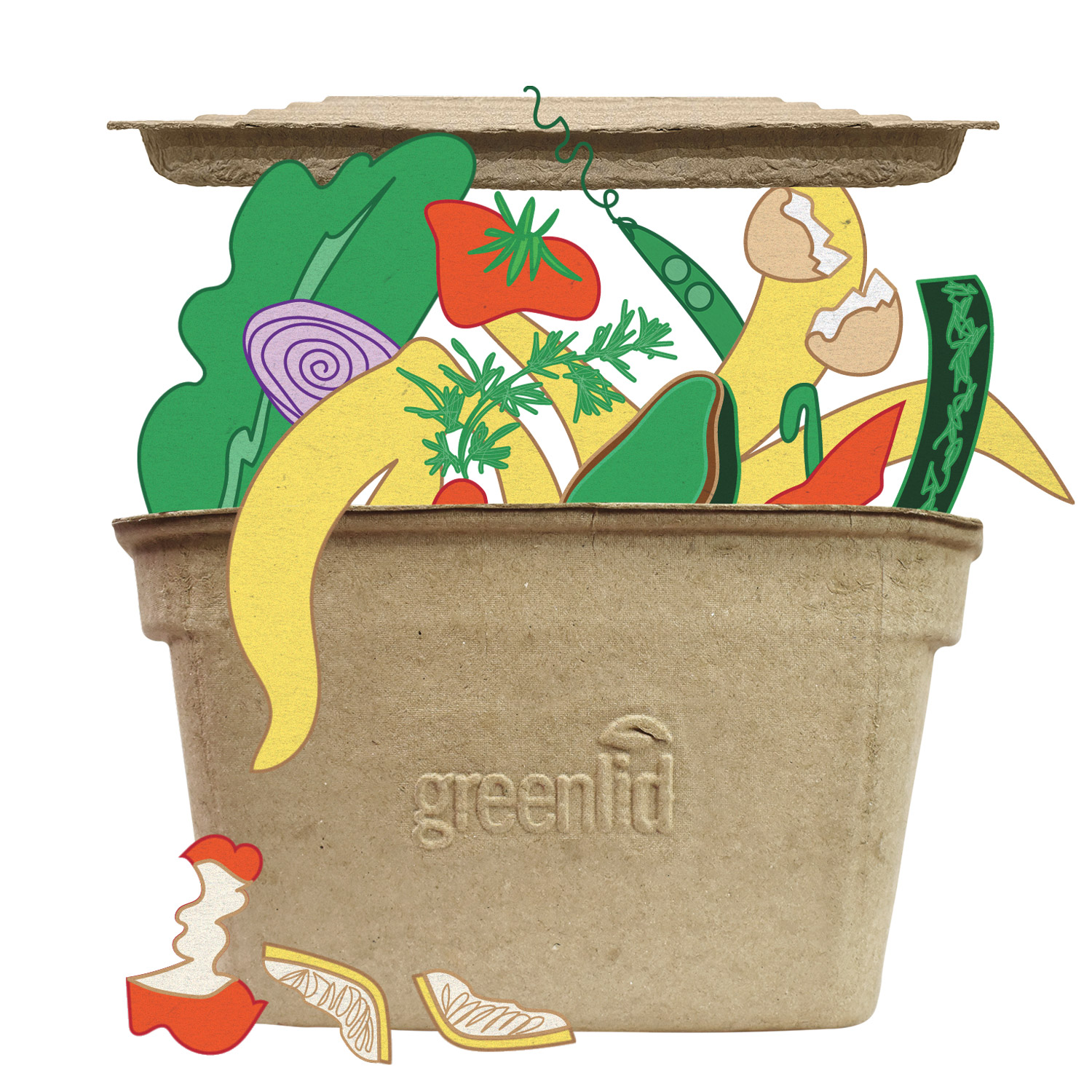
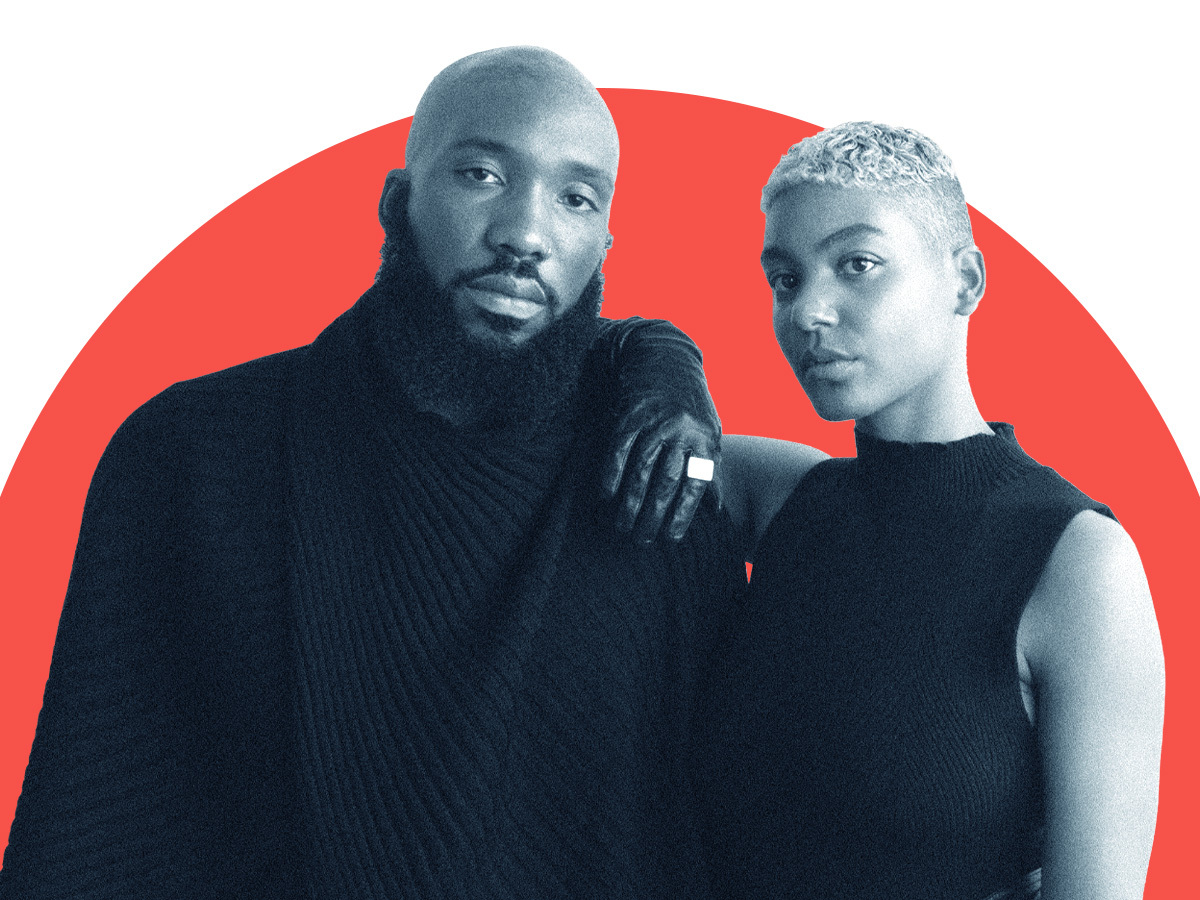
![CB-800x800_0000s_0006_IMG_1010[2]](https://canadianbusiness.com/wp-content/uploads/2021/10/CB-800x800_0000s_0006_IMG_10102.jpg)